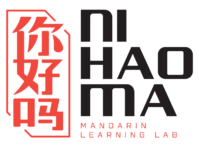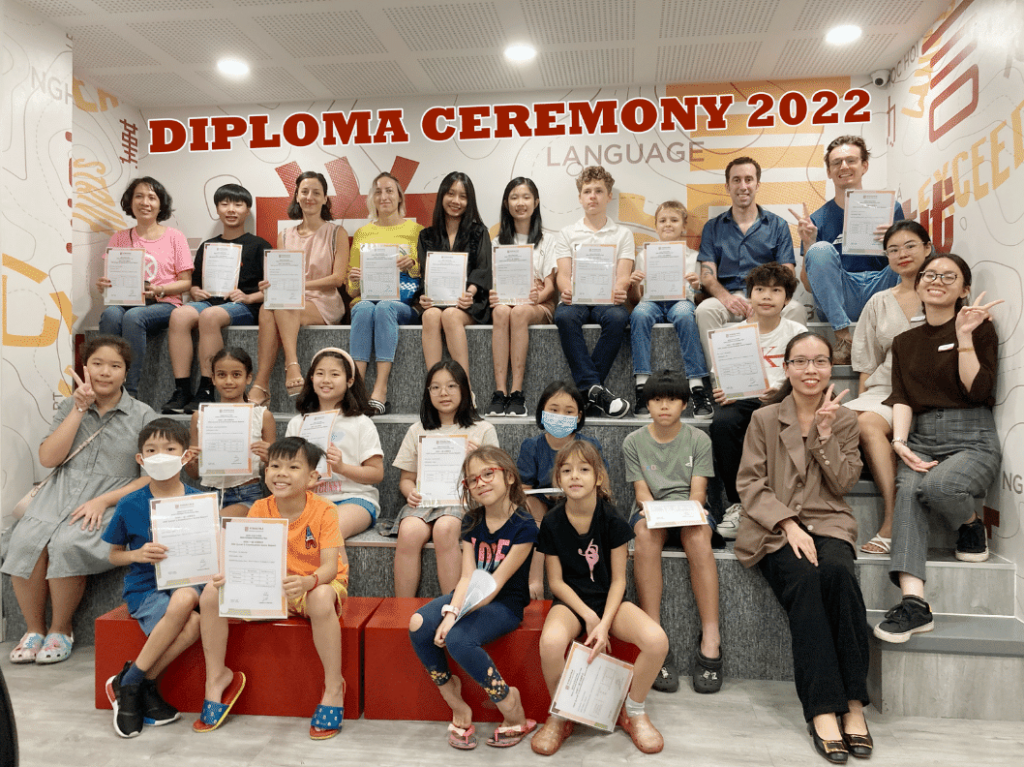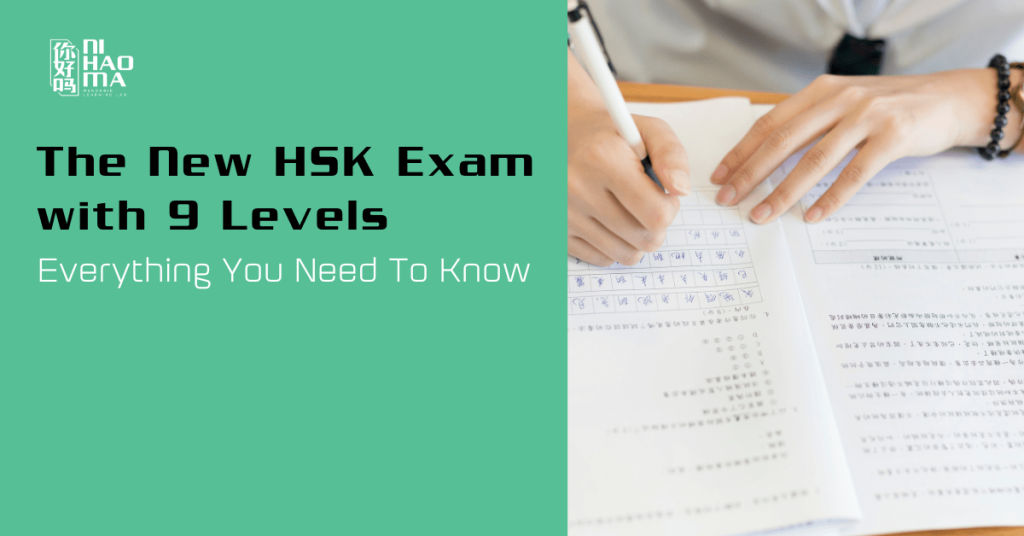If you’re planning to study abroad or work in a Chinese-speaking environment, understanding the different types of Chinese language proficiency exams is essential. In this article, Ni Hao Ma will guide you through the most recognized certifications, helping you choose the one that best aligns with your goals.
What Are Chinese Language Proficiency Exams?
Chinese language proficiency exams are certificates or diplomas issued by educational institutions, language organizations, or authorized authorities to recognize an individual’s ability to use the Chinese language.
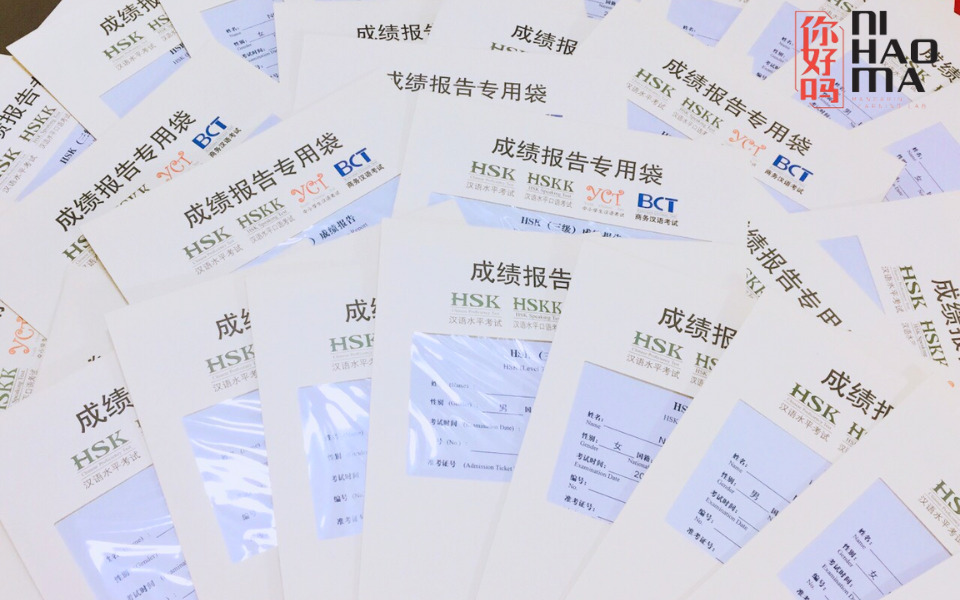
These certifications are more than just a piece of paper—they are often key requirements for academic admission, job opportunities, or career advancement. Popular exams include HSK (from mainland China), TOCFL (from Taiwan), HSKK (spoken Chinese), YCT (for school students), and BCT (for business contexts).
Types of Chinese Language Proficiency Exams
With Chinese becoming increasingly important globally, earning a Chinese proficiency certificate can validate your language skills and unlock opportunities in education, employment, and international communication. There are several types of exams, each with specific purposes and target groups.
HSK – Hànyǔ Shuǐpíng Kǎoshì
The HSK (Hànyǔ Shuǐpíng Kǎoshì – 汉语水平考试) is the most widely recognized Chinese language proficiency exam, organized by Hanban (now the Center for Language Education and Cooperation under the Chinese Ministry of Education). It assesses non-native speakers’ ability to use Chinese in academic, professional, and daily life settings.
Since March 2022, the HSK has adopted a new 9-level system divided into 3 main categories:
- Beginner Level: HSK 1, 2, 3
- Intermediate Level: HSK 4, 5, 6
- Advanced Level: HSK 7, 8, 9
The older 6-level HSK system (HSK 1–6) is still valid and widely accepted during this transitional period, especially for academic and professional applications.
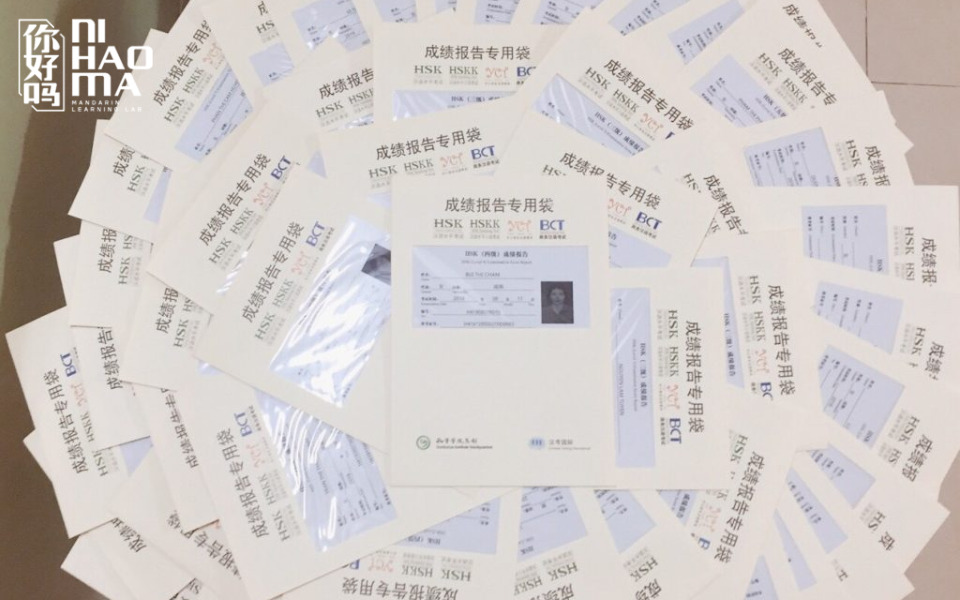
HSKK – Chinese Speaking Proficiency Test
The HSKK (Hànyǔ Shuǐpíng Kǒuyǔ Kǎoshì – 汉语水平口语考试) is a speaking-focused Chinese language proficiency exam for non-native speakers. It evaluates pronunciation, oral expression, and real-life communication skills. The test is recorded via computer, and candidates respond aloud.
The HSKK is internationally recognized, valid for two years, and has become a requirement for HSK candidates since 2021, with a minimum score of 60. It’s crucial for those studying or working in China, as it demonstrates practical speaking abilities.
HSKK has 3 levels:
- Elementary (Chūjí): For vocabulary around 200 words. Typically taken with HSK Level 3.
- Intermediate (Zhōngjí): For vocabulary around 900 words. Typically taken with HSK Level 4.
- Advanced (Gāojí): For vocabulary around 3000 words. Typically taken with HSK Level 5 or 6.
Learn more: Latest Updated Schedule for HSK and HSKK Exams in Vietnam
TOCFL – Taiwan’s Official Chinese Language Proficiency Exam
The TOCFL (Test of Chinese as a Foreign Language – 華語文能力測驗) is organized by Taiwan’s Ministry of Education. It evaluates all four skills: listening, speaking, reading, and writing, though the most common test assesses listening and reading. This exam is often required or prioritized for those seeking scholarships, jobs, or academic admission in Taiwan.
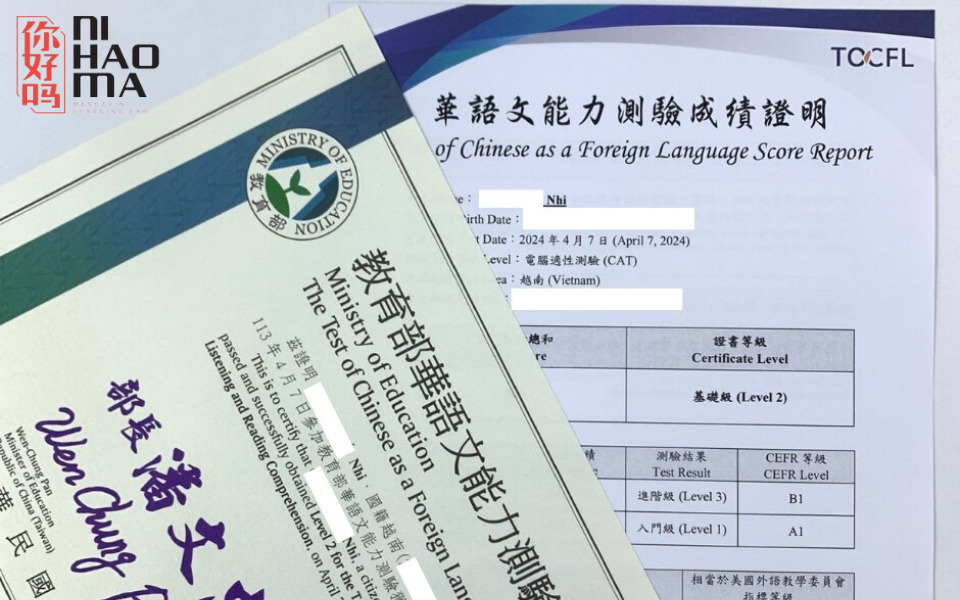
TOCFL is divided into 4 bands with 6 levels, aligned with the CEFR framework:
| Band | TOCFL Level | CEFR Equivalent | Description |
|---|---|---|---|
| A | Level 1 – Novice | A1 | Basic communication in daily situations |
| Level 2 – Basic | A2 | Simple conversation and common sentence structures | |
| B | Level 3 – Intermediate | B1 | Enough for studying or basic work in Chinese |
| Level 4 – High-Intermediate | B2 | Handle more complex interactions | |
| C | Level 5 – Advanced | C1 | Fluent in professional/academic Chinese |
| Level 6 – Fluent | C2 (equivalent) | Near-native communication in all contexts |
TOCFL also offers speaking (TOCFL-S) and writing (TOCFL-W) exams. Candidates may choose between Traditional or Simplified Chinese formats. In Vietnam, TOCFL exams are held at authorized Taiwanese offices and language centers.
BCT – Business Chinese Test
The BCT (Business Chinese Test – 商务汉语考试) is an international, standardized exam designed to evaluate Chinese language proficiency in business and commercial settings.
BCT has two separate parts: written and oral, with two main levels:
- BCT (A): Basic level, for elementary to intermediate users with everyday business Chinese vocabulary.
- BCT (B): Advanced level, for intermediate to advanced users with fluency in complex business interactions.
- BCT Speaking & Writing: Can be taken separately or as a complement to A/B levels, focusing on communication in real business contexts.
All BCT tests are computer-based, offering flexibility and convenience.

YCT – Youth Chinese Test
The YCT certificate (Youth Chinese Test – 中小学生汉语考试) is a Chinese language proficiency exam designed for non-native primary and lower secondary school students. Organized by the Center for Language Education and Cooperation under the Chinese Ministry of Education, the YCT shares some similarities with the HSK but is simplified to better suit younger learners.
The YCT system currently includes 4 levels of written exams and 2 levels of speaking exams:
YCT Written Test
- YCT Level 1: For students who have mastered around 80 common vocabulary words and basic grammar structures. The test focuses on the ability to understand and use simple sentences.
- YCT Level 2: For students with knowledge of around 150 common vocabulary words and more basic grammar. This level requires the ability to understand and use slightly more complex sentences.
- YCT Level 3: For students who have learned approximately 300 common vocabulary words. This test evaluates the ability to use Chinese in familiar everyday communication scenarios.
- YCT Level 4: For students with knowledge of about 600 common vocabulary words. It tests the ability to communicate effectively in a wider range of contexts, including both academic and everyday situations.
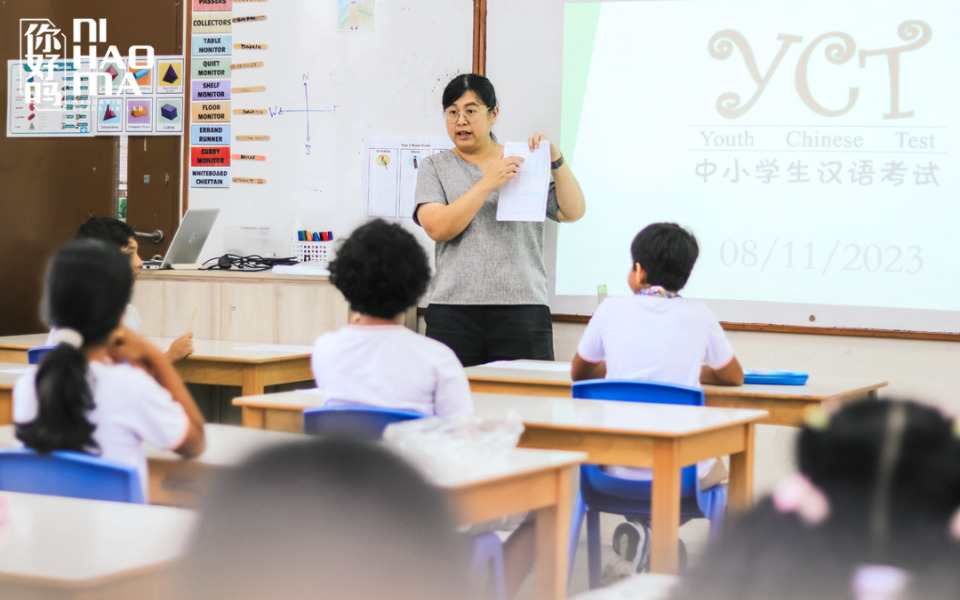
YCT Speaking Test
- YCT Speaking (Elementary): For students who can pronounce basic Chinese words and use simple phrases or sentences to communicate in familiar contexts.
- YCT Speaking (Intermediate): For students who can express their ideas more clearly and participate in short conversations on familiar topics.
The YCT certificate is an excellent tool for young international learners to strengthen their Chinese language skills and prepare for more advanced Chinese language proficiency exams such as the HSK. It not only measures their current abilities but also lays a solid foundation for future academic and personal development in Chinese.
Which Chinese Language Proficiency Exam Should You Take?
Choosing the right exam depends on your goals. If you’re aiming to study or work in mainland China, HSK is the best option. It’s the most recognized worldwide, and most universities in China require HSK Level 4 or above.
If you’re focusing on Taiwan, go with TOCFL. It aligns with the CEFR framework and is necessary for scholarships, academic applications, and residency in Taiwan. It also supports learners of Traditional Chinese.

For business professionals or those working with Chinese-speaking partners, the BCT is ideal. It evaluates workplace communication, negotiations, and professional interactions in Chinese.
You may also be interested in: Latest Updated Requirements for Studying Abroad in China
Where to Take Chinese Language Proficiency Exams
These exams are held in many countries, including Vietnam. Locations include universities, Confucius Institutes, and authorized test centers.
HSK & HSKK Test Centers in Vietnam
- Confucius Institute – Hanoi University
- Confucius Institute – HCMC University of Social Sciences & Humanities
- University of Foreign Languages – University of Da Nang
- Ho Chi Minh City University of Education
See the full list at: List of HSK Test Centers in Vietnam
TOCFL Test Centers in Vietnam
- Taipei Economic and Cultural Office – Hanoi & HCMC
- Taiwan Education Centers at:
- Hanoi University
- VNU University of Languages and International Studies
- University of Foreign Languages – University of Da Nang
- HCMC University of Social Sciences & Humanities
Note: Contact the centers directly for updates on test dates, fees, and formats. Register at least 1–2 months early, especially for high-demand tests like HSK.
Conclusion
This guide covered the most popular and recognized Chinese language proficiency exams available today. Choosing the right certificate helps you focus your learning and increases your chances in academic, professional, and international environments. Ni Hao Ma hopes this article helps you better understand the options and find the right exam for your goals.
